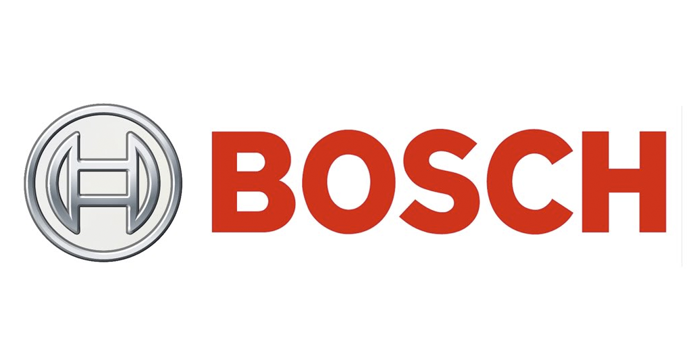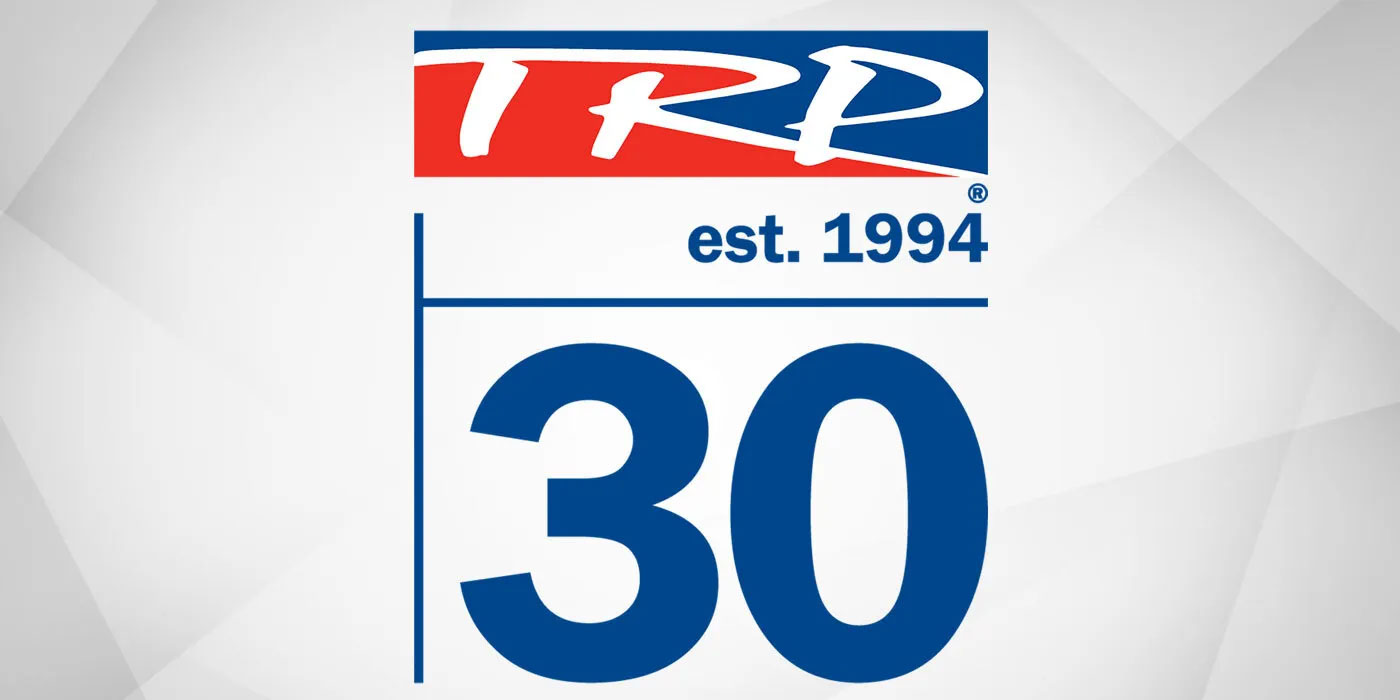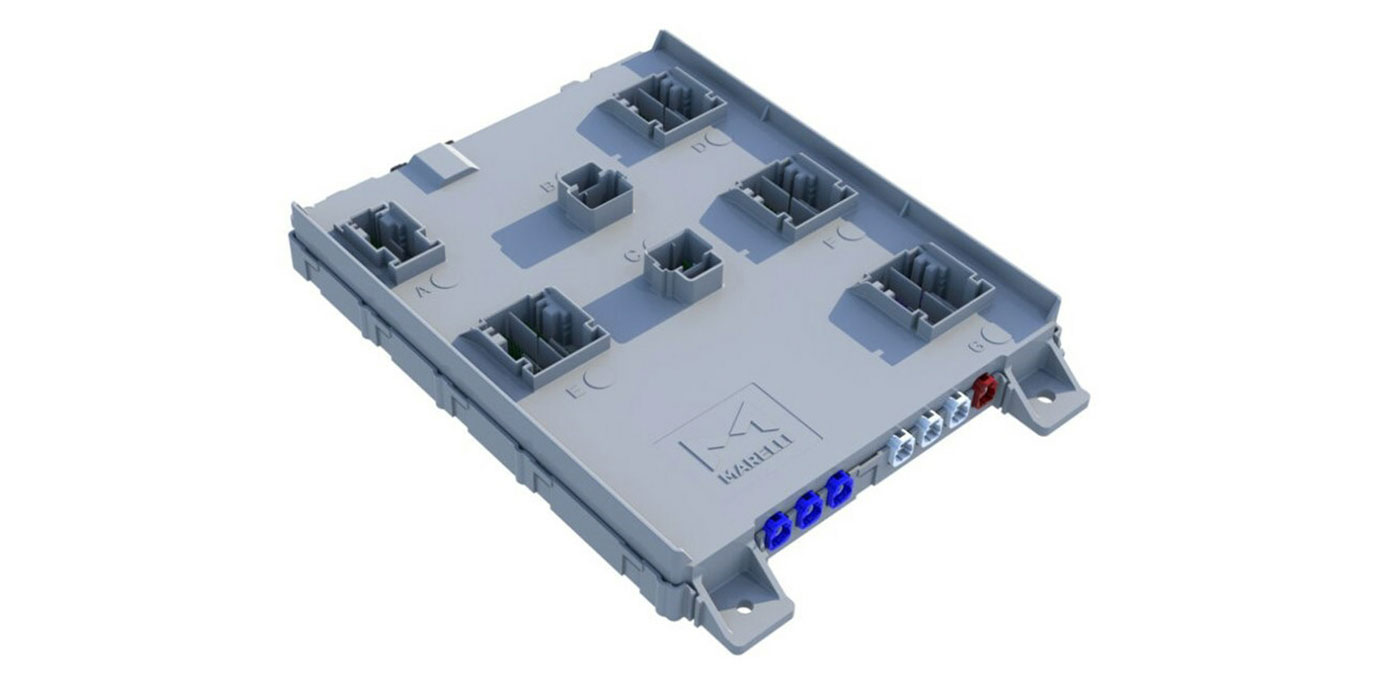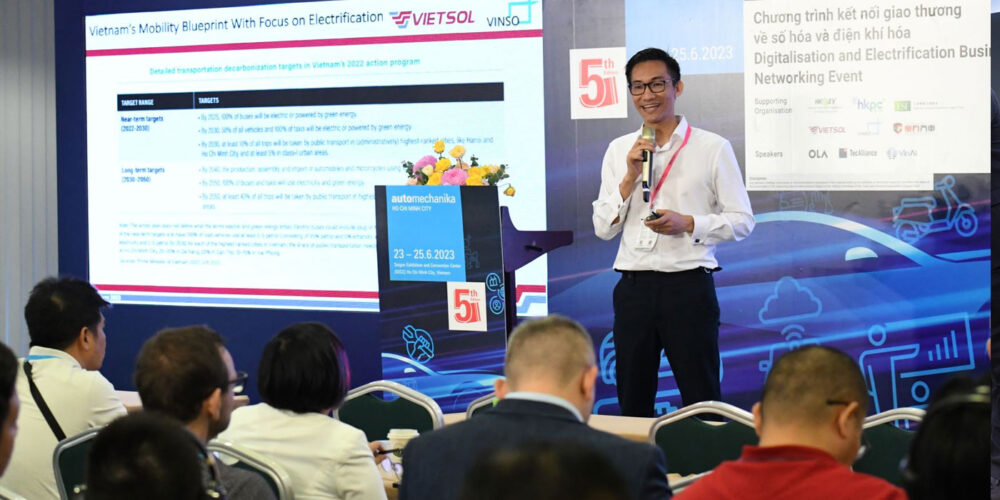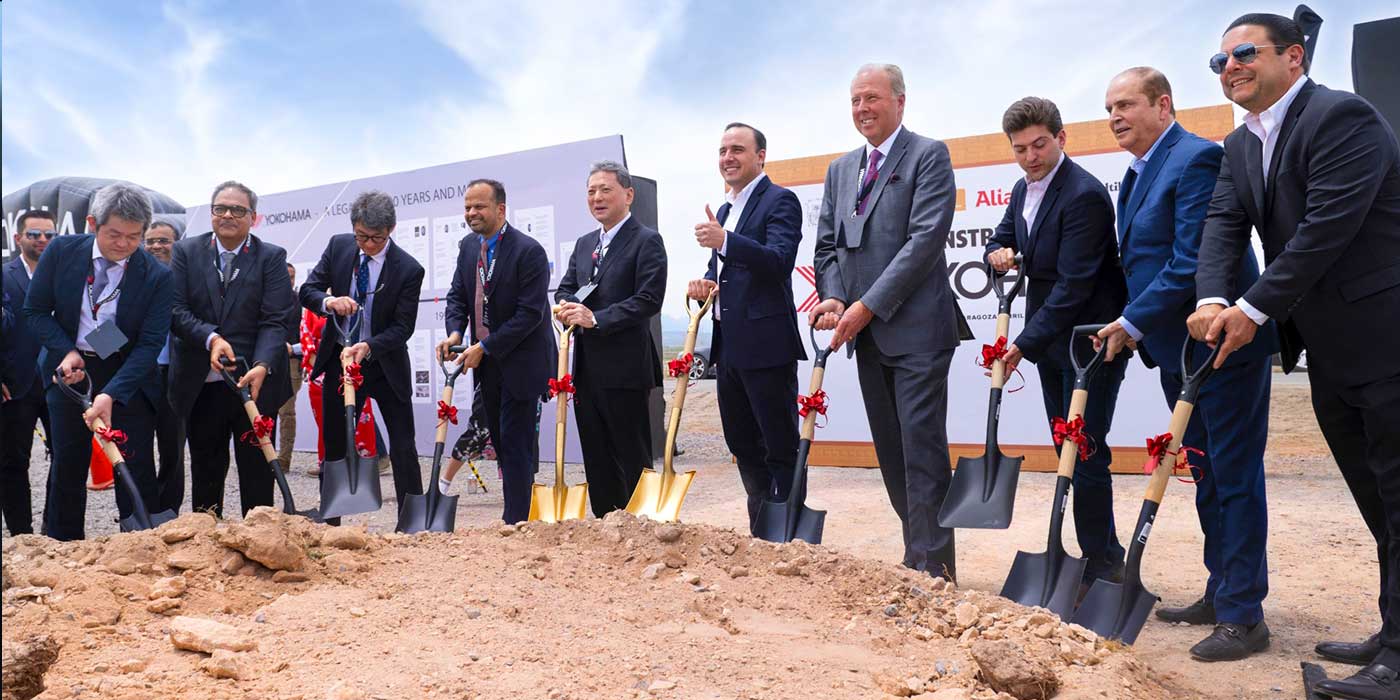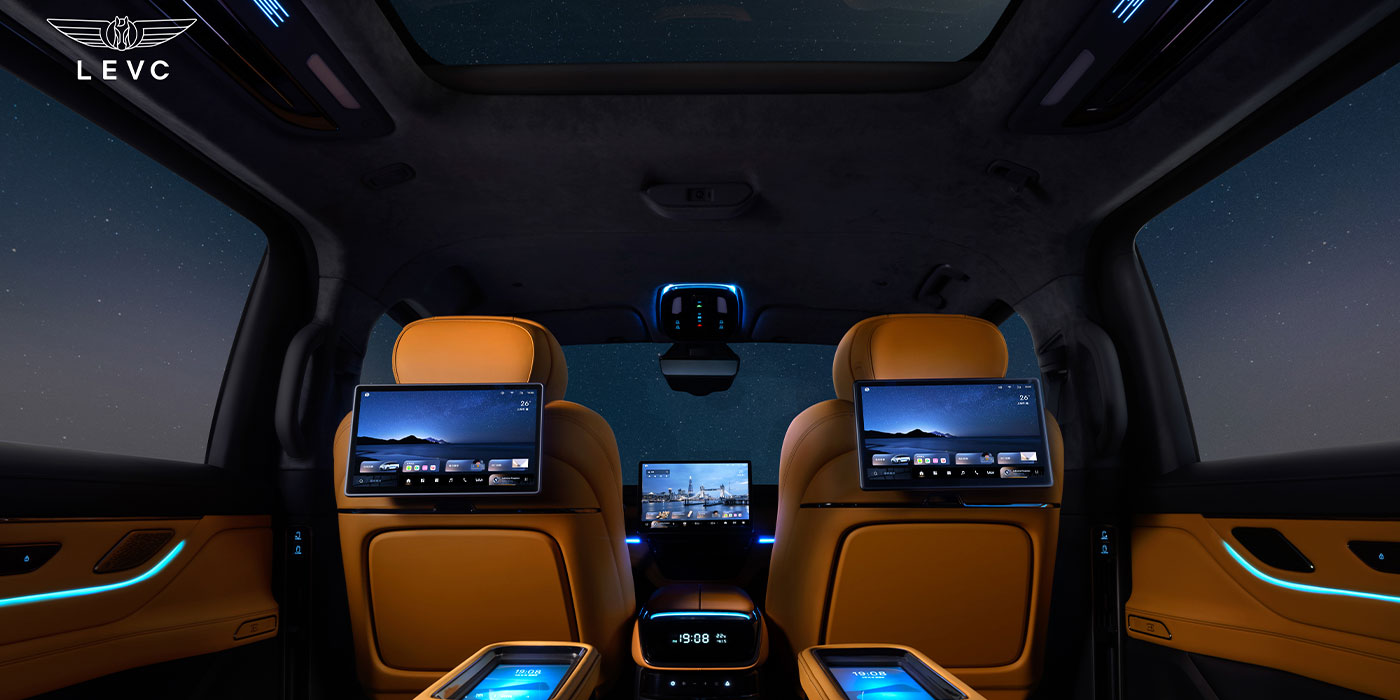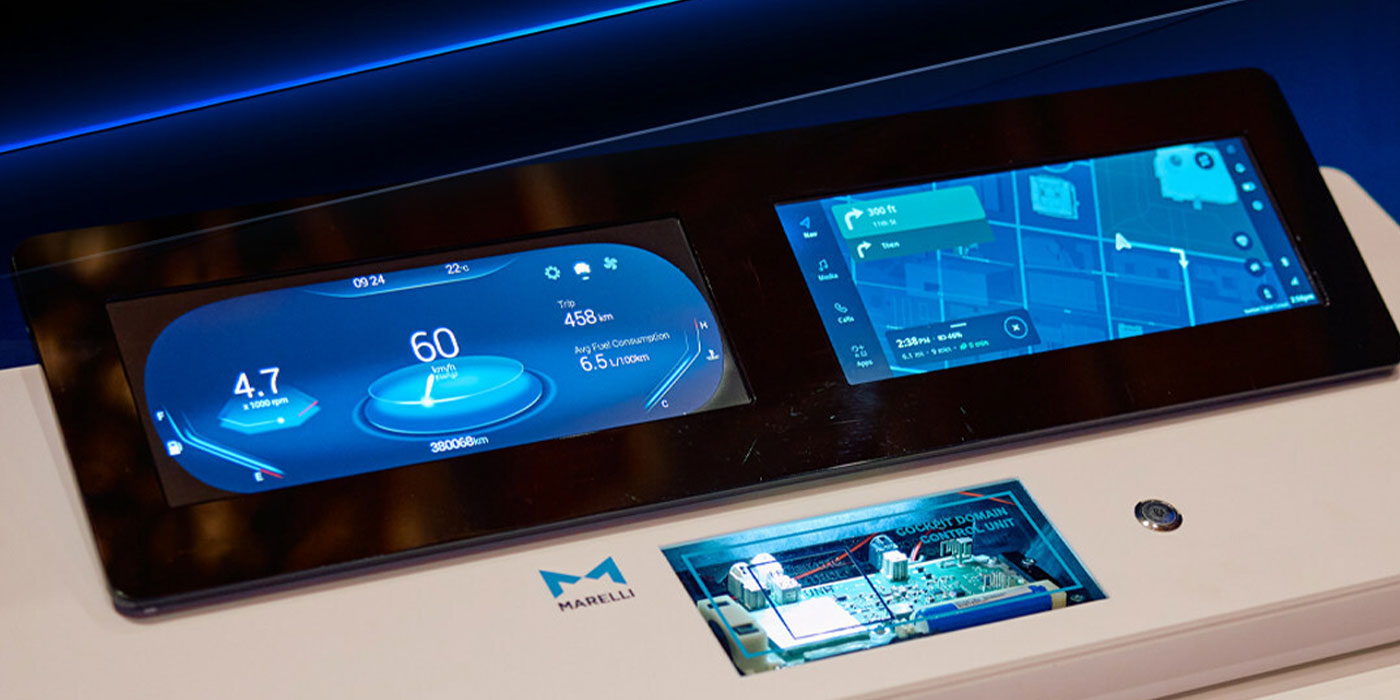Every day, more than 3,000 people worldwide lose their lives in traffic accidents, according to the consumer association Global New Car Assessment Program (Global NCAP). These fatalities are often the result of vehicles that are inadequately equipped – especially in emerging markets – and which therefore provide poor protection for passengers and pedestrians.
“For Bosch, every traffic fatality is one too many. With our technologies, we can protect human life around the world,” says Dr. Dirk Hoheisel, member of the Bosch board of management.
With this thought in mind, Bosch supports the “Stop the Crash” initiative of Global NCAP. The campaign’s objective is to boost awareness of safety systems such as electronic stability program (ESP), emergency braking systems and motorcycle ABS, particularly in growth markets. The effectiveness of the different technologies will be featured in driving demonstrations at the kick-off event of the initiative from Nov. 17-19 in Brazil. “Stop the Crash” also supports the United Nations in its aim to halve the number of traffic fatalities worldwide – currently 1.25 million per year – by 2020.
ESP has prevented 190,000 accidents in Europe since 1995
Bosch has been working for many years on the vision of accident- and injury-free driving. With this goal, the supplier of technology and services says it has already achieved considerable success: since Bosch launched the ESP electronic stability program in 1995, it has prevented 190,000 accidents and saved more than 6,000 lives across Europe. “After the seat belt, ESP is the most important vehicle safety system – even more important than the airbag,” said Hoheisel. If all vehicles were equipped with the anti-skid system, up to 80 percent of all skidding accidents could be prevented. Bosch has manufactured more than 150 million ESP systems since 1995.
Nine out of 10 new vehicles across Europe are already equipped with ESP
Since Nov. 1, 2014, ESP has been mandatory within the European Union for all newly registered cars and light commercial vehicles weighing up to 3.5 metric tons. Across Europe, 90 percent of all cars and light commercial vehicles are therefore already equipped with ESP. By way of comparison, the worldwide figure stands at only 64 percent. Global NCAP is therefore calling on United Nation member states, especially those with a significant automaking industry, to mandate ESP for all new vehicles by 2020. The World Health Organization (WHO) is also calling for legal regulations to mandate ESP. A large number of human lives around the world could be saved as a result. Outside the EU, the anti-skid system also is now mandated in Australia, Canada, Israel, New Zealand, Russia, South Korea, Japan, Turkey and the United States.
Bosch emergency braking systems protect vulnerable road users
ESP also is the basic technology for many driver assistance systems that intervene to support drivers in potentially dangerous situations — such as changing lanes or staying in their lane, or taking evasive action and braking when encountering an obstacle. Rear-end collisions are among the worst — especially if pedestrians or bicyclists are involved. Automatic emergency braking systems can prevent such collisions entirely — or, at the very least, considerably mitigate their impact. If a radar or video sensor detects a potential obstacle ahead of the car, the braking system is first prepared for a full emergency braking maneuver, and the driver is warned. If the driver fails to respond, the system performs a partial braking maneuver. As soon as the driver steps on the brakes, the system increases braking power to prevent the accident. If the driver also fails to respond to the partial braking maneuver and the system detects that a collision is unavoidable, it autonomously performs a full emergency braking maneuver. At speeds of up to 40 kilometers an hour in urban traffic, the Bosch emergency braking system can completely prevent collisions with stationary vehicles.
Potential for up to 72 percent fewer rear-end collisions in Germany alone
In Germany alone, according to Bosch accident research, up to 72 percent of all rear-end collisions resulting in injury could be prevented if all vehicles were equipped with an automatic emergency braking system. Bosch offers automatic emergency braking systems for all vehicle classes. Its MRR mid-range radar sensor in particular provides the basis for a cost-effective solution for compact and small cars, according to Bosch. In 2014, just under one-quarter of all newly registered passenger cars in Germany were equipped with an emergency braking system. In the United States, leading automakers are currently committed to offering automatic emergency braking systems in vehicles as standard.
Motorcycle ABS: one-quarter fewer accidents involving casualties
As early as the mid-1990s, Bosch developed an antilock braking system for the safety of motorcyclists. “ABS can prevent one-quarter of all motorcycle accidents involving casualties,” said Hoheisel. Many countries now therefore have legislation mandating this safety system. Like in a car, ABS also prevents a motorcycle’s wheels from locking up during emergency braking. Motorcyclists can therefore brake without fear, and with greater force. The motorcycle remains stable and the rider is prevented from taking a spill. Bosch has suitable solutions for every type of motorized two-wheeler. In addition to the optimization of size and weight, the focus is on reducing costs, so as to make ABS technology available for all vehicle classes and markets. This also includes the price-sensitive two-wheelers with up to 250 cc displacement which are popular in emerging markets.

